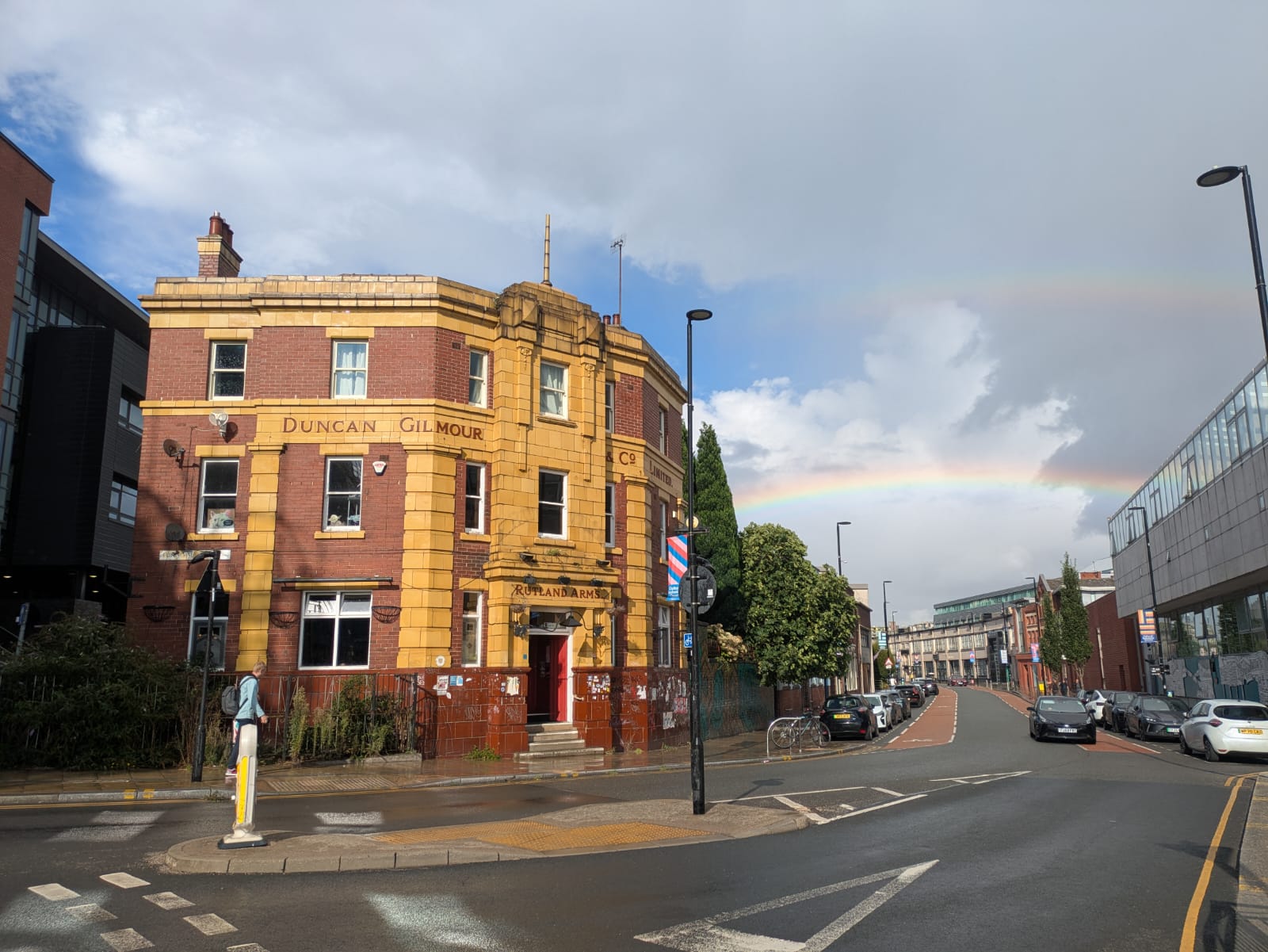
Sheffield independent business owners “disheartened” by Chancellor’s Budget
In the week following the Chancellor Rachel Reeves' November 2025 budget, local independent business owners in Sheffield have been reflecting on what this means for them.
They are resoundingly discouraged.
Points causing the most unsettlement are the removal of the 40% discount to business rates and the hike in alcohol duty, both changes adding to the list of pressures already intense for many local businesses in the aftermath of the global pandemic.
Hoping to see recognition of, and relief from, the many challenges presented to independently-run pubs, bars and bottle-shops, Sheffield's local business owners have voiced their disgruntlement at what they regard as the government's total dismissal of their plight.
The Chancellor announced business rates will be lowered, initially showing a glimmer of hope and help for businesses.
However, the scrapping of the current 40% discount ultimately renders this not only ineffective, and of little help, but actually detrimental, as some will pay even higher costs than before.
Jules Gray, owner of Hop Hideout beer shop in the City Centre's Leah's Yard, says she feels "lied to" by the government.
Rather than Jules' business being aided she explained, as of April 2026, she will have to pay a tax bill "three times" higher than before.
She added: "It feels counter-intuitive at the current time when you need to create jobs, there's just going to be more job losses and less job creation, and more businesses closing."
She said: "It actively feels like [the government] are running us into the ground.
"There were no VAT cuts, nothing to do with business energy, it's just completely disheartening and awful to have this news and be in this situation ahead of Christmas."
Chris Bamford, owner of three Sheffield pubs (The Rutland Arms, The Crow Inn, and The Harlequin), also shared Jules' sense of despair, fearing a trigger effect which may see further pubs and alcohol traders close down due to high operation costs.
He commented that, in his view, "unfortunately, a lot of businesses in a similar position to us are at risk of closing in the next year if things don't improve."
He appealed for Sheffield residents to support their local businesses to keep the independent spirit of the city alive.
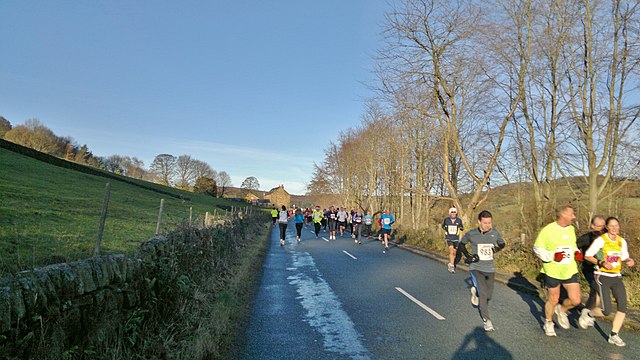
“The Start of Christmas”: Sheffield’s Percy Pud Race Returns
Over 3,000 runners are expecting to win a Christmas pudding at the finish line of the Percy Pud 10k this Sunday.
Since their first event in 1993, attended by 600 people, Sheffield City Striders Running Club have had to cap the number of runners to about 3,000 - a limit exceeded as soon as spots became available.
Among those hoping to receive their Christmas pudding at the finish line on Loxley Road is Polly Rippon, 51, who started running the Percy Pud 20 years ago.
She said: "Although the weather is a bit dicey, it's a really popular event with lots of local runners and local people taking part."
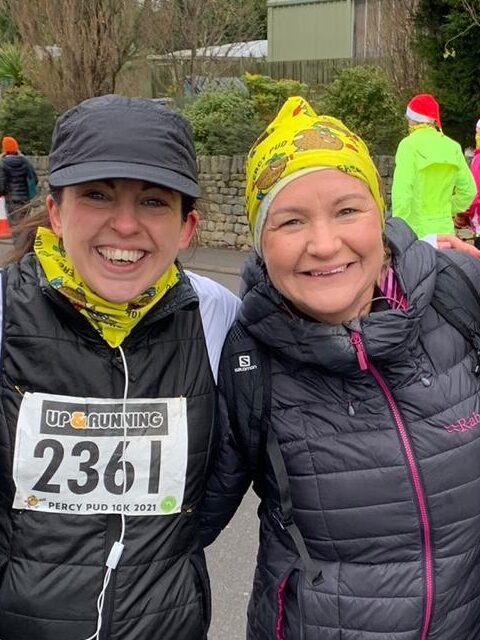
Also taking part is Laura Blackwell, 41. She will be running with her father, who has previously raised money for Sheffield Hospitals Charity, a cause close to his heart.
Ms Blackwell said that the event has a "great community feel," attracting runners of all abilities, and, although the forecast predicts rain on Sunday, "the atmosphere makes up for it."
Both runners see the annual event as the official start of Christmas.
The race thrives on the help of volunteers like Abi Langton, 22, who is helping for the first time this year by handing Christmas puddings out on the finishing line.
She said: "It feels like a special badge of honour to be helping out at such a well-renowned event. In Sheffield there's such a big running community - I'm looking forward to seeing everyone finish their race."
Volunteers are expecting around 100 finishers per minute at the peak of the race.
"Its definitely going to be a hectic day and is going to require a smooth running team to get everyone through," said Ms Langton.
Ms Blackwell said that the course is "a little challenging, but if you pace it well it has PB potential and that's definitely a draw!"
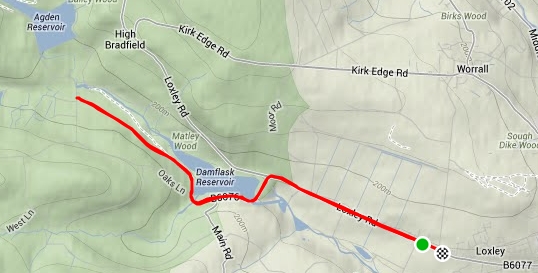
But the biggest draw, of course, is the Christmas pudding at the end.
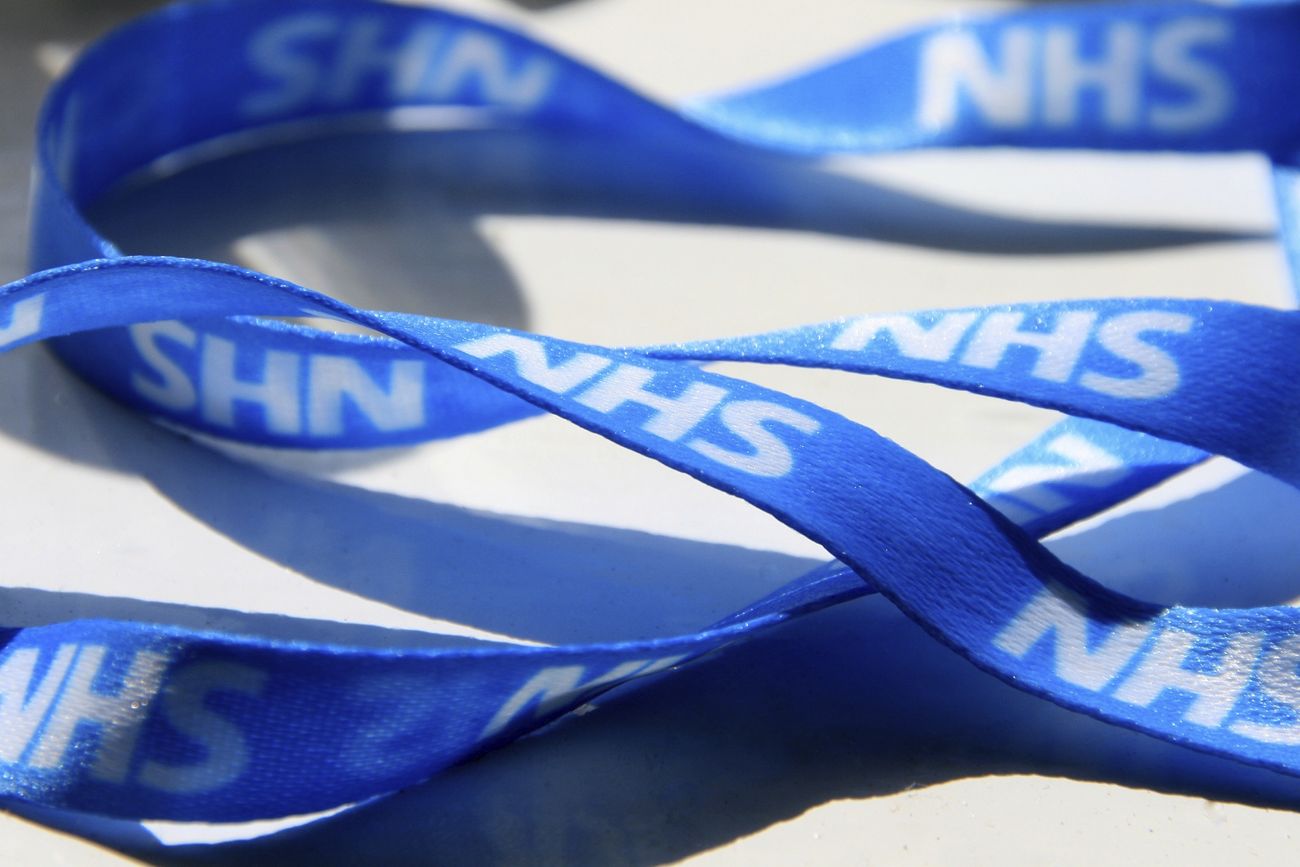
Resident doctors set to strike again in lead up to Christmas
Resident doctors will be striking again later this month because they claim they have been "left with no choice".
In a press release published by the British Medical Association (BMA), Dr Jack Fletcher, the chair of the BMA's resident doctors committee (RDC), announced how the Government has failed to fulfil the needs of resident doctors.
As a result, they have decided to strike from 17 December for five days.
He criticised the Government for their ineffective action to "fix the job crisis" and decide a suitable pay cut which truly values resident doctors.
Strike action for resident doctors, previously referred to as junior doctors, have been ongoing since 2023 with the most recent strike action being from 14 to 19 November of this year.
The Department for Health and Social Care reported there has been a 5.4% pay increase for 2025 to 2026, and doctors have received a 28.9% increase in the past three years.
Ultimately, if a decision is made before the strike actions take place then they do not need to go ahead.
However, Wes Streeting, the Secretary of State for Health and Social Care, announced on Sky News his frustration towards the BMA and their decision to continue strike action, referring to them as "irresponsible" and "unnecessary".
He stated he refuses to increase doctors' pay but will aim to tackle how to manage the job crisis.
Daniel Aziz, 24, a fifth year medical student said: "A negative of the strikes is that it has made the public lose trust in the healthcare system."
Despite this, he expressed his full support for the strikes, and said: "Doctors who really want to work are going without jobs."
The main issue he highlighted was his concern for the lack of job prospects in the future.
In contrast, another medical student, Harry Gilbert, 18, stated he has a mixed view on the strikes and said: "I'm worried for the vast amount of patients that might have delayed treatments."
He added: "A big reform needs to happen to the NHS."
Ultimately they agreed it was the government who was responsible for resolving these issues.
Listen below to hear the public's view on the strike action and how it affects them.

Sheffield United’s Reavill nominated for PFA Player of the Month
Sheffield United Womens centre back, Jess Reavill, has been nominated for the PFA Player of the Month award for the WSL 2.
Reavill, 20, has had an impressive month for the Blades as the side picked up their first clean sheet in a 0-0 draw against Nottingham Forest.
Luke Turner's side went unbeaten in the league last month with highlights including 2-1 wins against Crystal Palace and Durham.
Reavill opened the scoring against the Eagles with a header from a corner, scoring her first goal for the S2 club.
A Blades academy graduate, Reavill moved to Leicester City in the WSL and went on loan moves to West Bromwich Albion and Stoke City, before coming back to United ahead of this season.
Image from Sheffield United FC
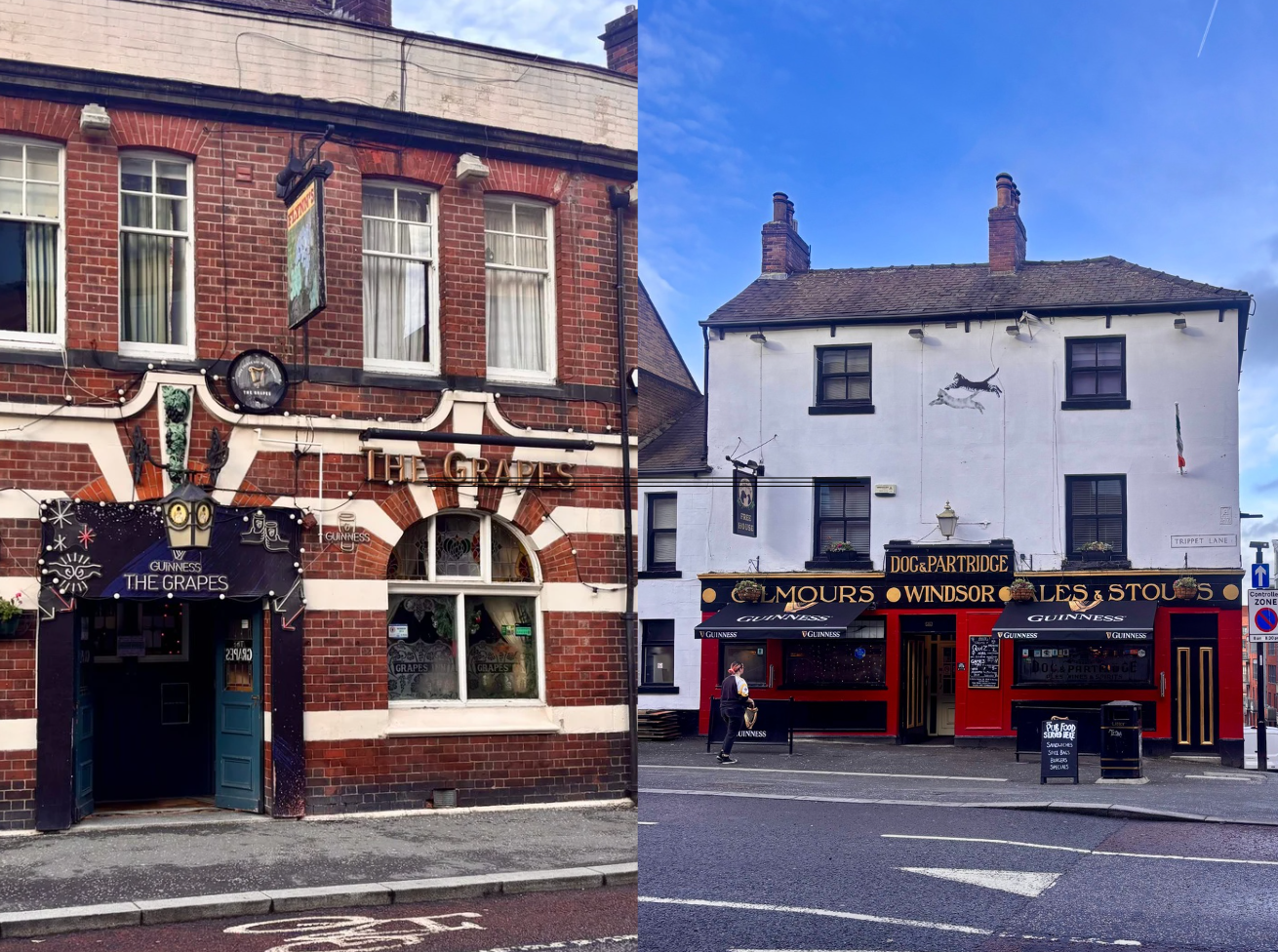
Two Sheffield pubs applauded in Guinness’s “Harp Guide”
THE Dog and Partridge and The Grapes, both on Sheffield's Trippet Lane, have been recognised as two of the best pubs for Guinness in the UK.
The accolade has been awarded by Guinness in their first ever 'Harp Guide', which names the 35 best pubs in the country who sell their stout.
Sheffield Wire reporter, Rosie Peters-McDonald, visited both pubs on Friday (December 5) to ask staff and customers what makes them score top of the leader board when it comes to Guinness.
Landlord of the Dog and Partridge, Conor McGowan, originally from County Meath, told Sheffield Wire he could talk about what makes a good pint for weeks.
"It's a mixture of things," he said. "The quality of the beer, how it's served, the atmosphere, the history and tradition.
"Things like the length of line from the cellar to the bar, the hygiene of the glassware, the shelves, the line itself, the temperature, the gas pressure. There's a myriad of little tiny details that could all make it go wrong or right."
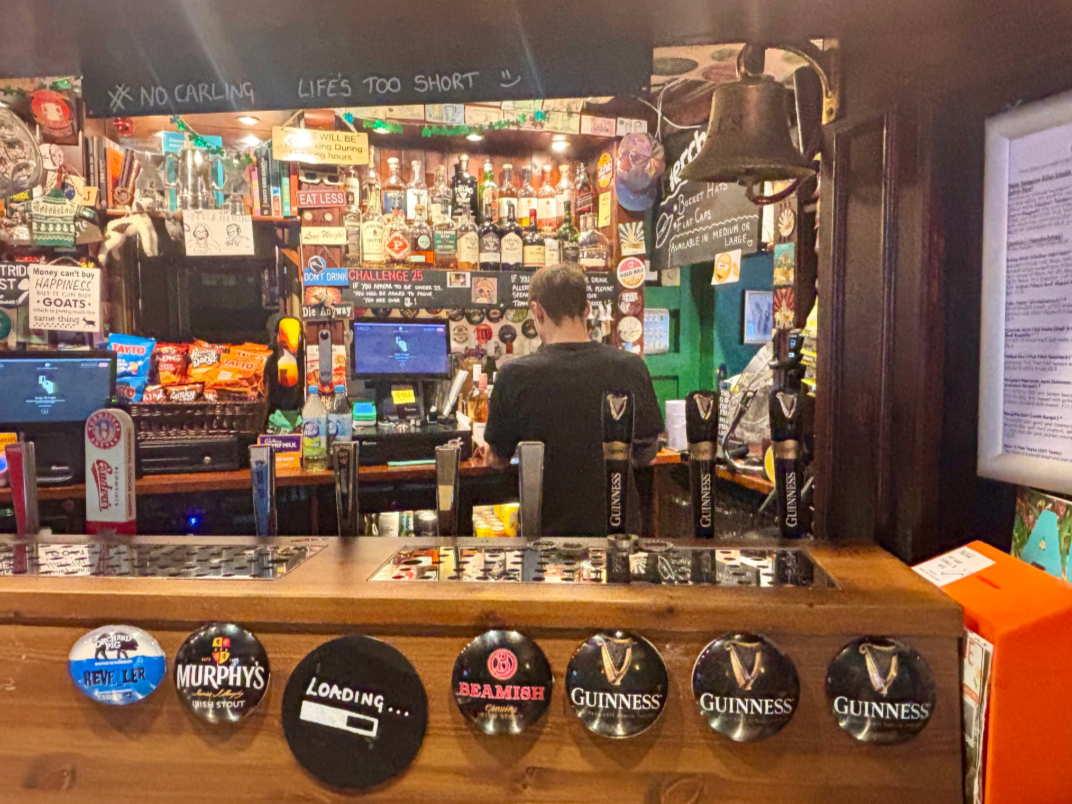
When asked about any local rivalry between his establishment and The Grapes, Conor was quick to deny any competition between the two.
"The city needs more good pubs, not less,"he said. "You can have the best pub in the world but if it's on its own it's never going to do what it needs to do. You need a circuit."
A group of young men in the corner of the pub had nothing but compliments for the Dog and Partridge's acclaimed Guinness. John, Matt, Ethan and Ben all agreed that it is the best in the city.
"The best Guinness outside of Dublin," one of them chimed in.
The city needs more good pubs, not less. You can have the best pub in the world but if it's on its own it's never going to do what it needs to do
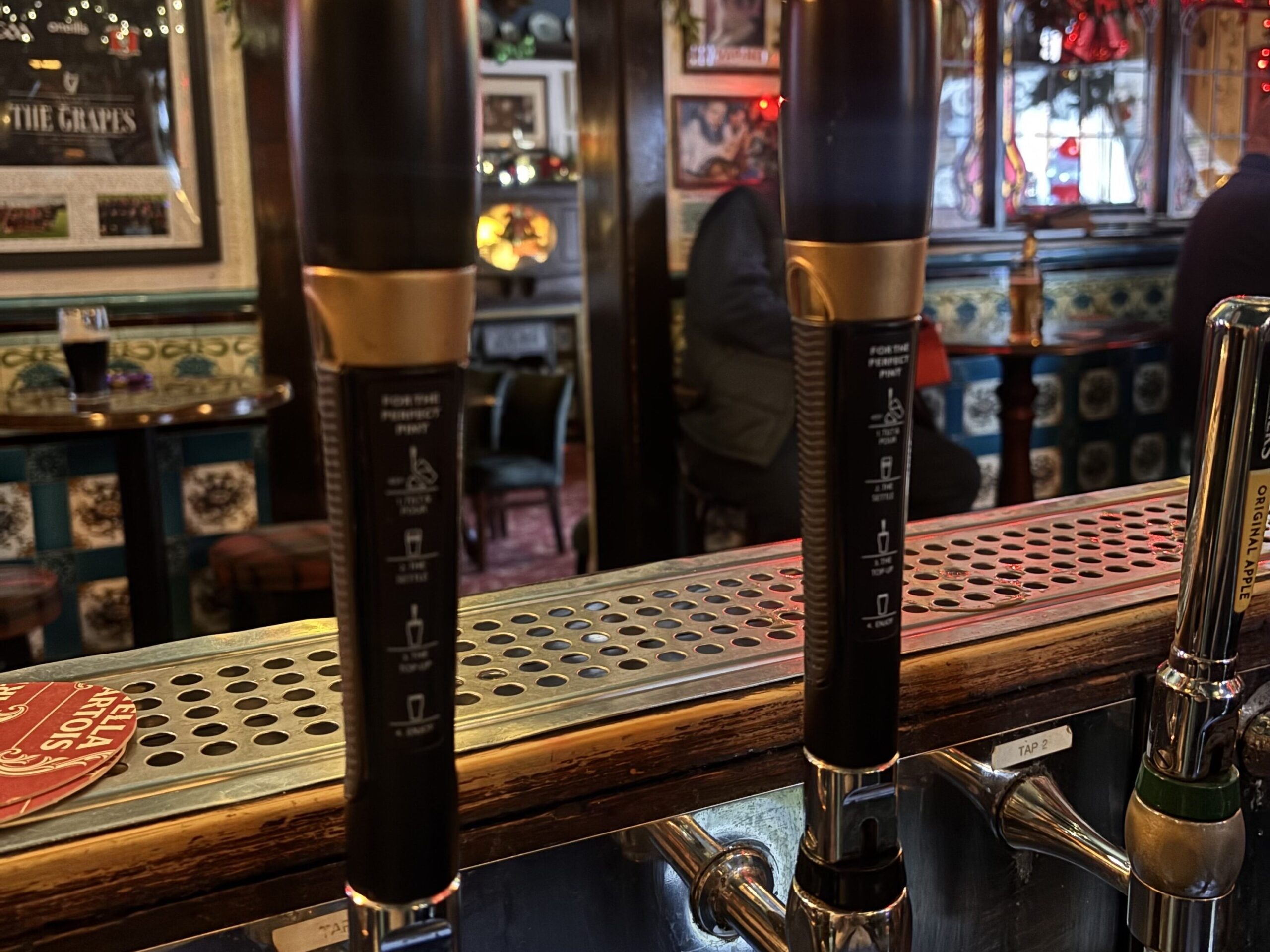
At The Grapes, another Guinness drinker told Sheffield Wire he agreed with the recognition the pub has received from Guinness's Harp Guide.
Bartender Mia Hopkins said the pub's "nice, cosy atmosphere" has definitely given it some brownie points with its many Guinness drinkers.
She called the pub "authentic" thanks to its Irish landlady, describing her as the "sweetest woman".
With two pubs on the Harp Guide, Sheffield's Trippet Lane is, according to Guinness itself, one of the best streets for the Irish speciality in the country.

Joe Root clears final hurdle to batting immortality with century in Brisbane
Joe Root's magnificent innings under pressure at the Gabba confirmed his status as an all-time great with his first century in Australia.
A century down under was the one achievement missing from the glittering CV of England's all-time leading scorer in test matches, but Joe Root has now silenced any questions over his legacy.
The Sheffield-born batter came in under pressure with England 5-2 at the Gabba, but a classy 138 not out guided England to a competitive total of 334 all out.
The Australian press had been critical of Root in the build-up to the series, questioning his status as a batting great, even dubbing him "Average Joe."
This was despite his total of over 13,000 test runs, putting him second on the list of all-time run scorers and within striking distance of Sachin Tendulkar.
This pressure intensified after the first test of the series, in which Root registered a duck and then eight in his second innings.
His struggles were symbolic of an England batting performance many thought was careless and arrogant, with Root flashing at balls that could have been left comfortably on a fifth or sixth stump line.
Yet this time there was no such frenzy, with the Yorkshireman steering the ship for England in a characteristically cool and composed manner.
He formed a solid partnership with opening batter Zak Crawley, taking England to 122-2 before Crawley was dismissed on 76.
Root then remained a reassuring presence at the crease as wickets fell around him, before launching an aggressive counter-attack with tailender Jofra Archer worth 70 runs for the last wicket.
The attention will now turn to whether England's best batter can help deliver a first series win in Australia since 2010-11, and the first in his career.
He has a home Ashes to his name alongside a World Cup, but helping to deliver his team a treasured away victory in Australia would be a huge step towards cementing his legendary status.
Featured image: Courtesy of @Englandcricket on X

Sheffield Council face campaigners’ fury on proposed greenbelt housing
Local Sheffield activists have voiced their concerns regarding construction on Sheffield's greenbelt in a council meeting on 3 December, as Sheffield Council's proposed 'Local Plan' takes a step closer to being actualised.
The Save Chapeltown, Ecclesfield and Grenoside's Greenbelt Community Campaign has been campaigning for the prevention of the plan that would see 1,600 new houses being built on greenbelt land.
The proposed plan would take place in S5, S6 and S35, absorbing villages into the Sheffield urban area.
These communities have said they are threatened by the proposals, which campaign member Cheryl said: "Flew in the face of the lived reality of village communities."
At the council meeting at Sheffield Town Hall, the activists questioned the actions and responses of Head Councillor Tom Hunt, who has been at the forefront of the council's plan.
The campaigners pleaded with the council to reconsider the plans, even claiming Cllr Hunt acknowledged that with more time he and the council would have done things differently.
Gill Travis, 63, is the chair of the SCEGGC Campaign and was one of many activists who demanded transparency and honesty from the council regarding the process of choosing the sites.

The council had cited a lack of time and resources as reasons for struggling to hear the concerns of the residents, however according to a Freedom of Information request by the campaign the council chose the time period allocated themselves.
In the session, Cllr Hunt repeatedly assured the activists that the council had "followed appropriate procedures" and were "committed to building affordable housing across the city."
The freedom of information request also revealed the council had hidden 300 new documents from the residents until after the democratic process was complete.
The campaign deemed this a failure to reflect the council's triple lock commitment to listen to resident's concerns and act accordingly.
Clive Betts MP, of Sheffield South East, called on the council to think again, saying: "It's not too late to reflect that this is wrong, and that greenbelt development decisions must be made with greater consideration to communities."
Following the release of these new documents, the consultation has been reopened until 11 December 2025, with residents able to offer feedback on the new information until this date.
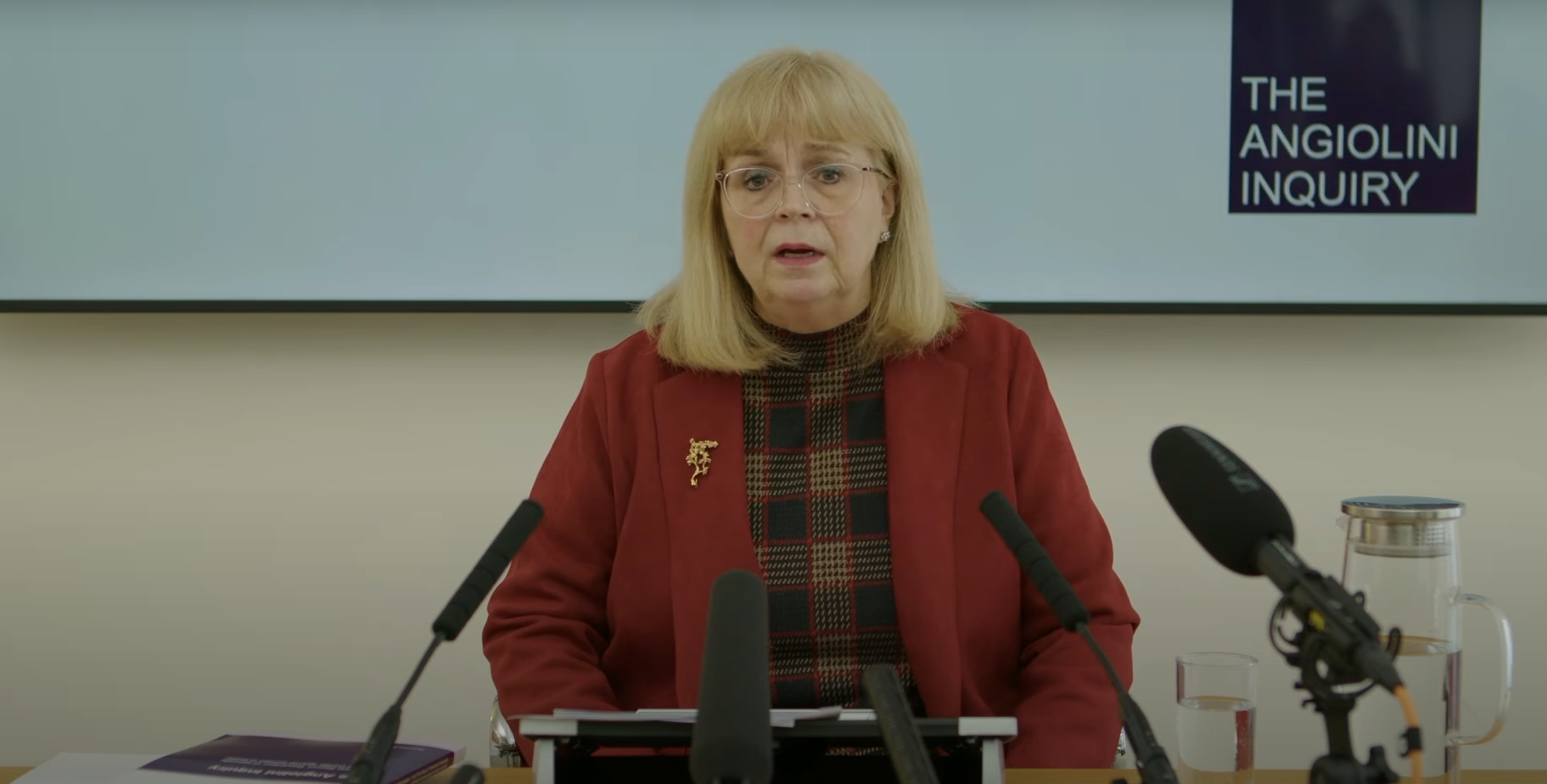
Four years after the murder of Sarah Everard, are women safe in public spaces?
It's been four years since Sarah Everard's murder but a Sheffield campaign group say women's safety is still a big concern.
Charlotte Mead, a member of the equality party in Sheffield, leads a vigil once a month outside the city's Town Hall to remember women who have been killed.
She said: "We know that this happens two to three times a week on average.
During the vigil, names of all women who have been killed as a result of male violence in the last month, are read out.
"What I think is important is that we do them consistently. We need to consistently keep remembering them. We need to keep bringing attention to it.
"There has never been a month we haven't had names to read out," says Charlotte. "I look forward to that day."
Following the shocking death of Sarah Everard and the conviction of her killer, Wayne Couzens, who was found guilty of murder, rape and kidnap, the Angiolini inquiry was launched in November 2021.
Led by Lady Elish Angiolini, the current Lord Clerk Register, the inquiry investigated how Couzens was able to carry out the brutal attack, as well as examining how to prevent sexual crimes against women in public spaces
The first report of part two of the inquiry came out this week (December 2 2025).
On the evening of March 3 2021, Sarah Everard, 33, was kidnapped by police officer Wayne Couzens, while she was on her way home from a friend's house in Clapham Common, London.
A week after her disappearance, Sarah's remains were found in Ashford, Kent during a police search. It was later revealed Couzens, who had been off duty at the time, unlawfully arrested Sarah under the pretence of breaking lockdown rules, before raping and killing her.
Evidence heard at the Old Bailey, during Couzen's high-profile trial, revealed his attack was premeditated plan.
The impact of Sarah Everard's death is still profoundly felt four years later. Her mother, Susan Everard, said in a statement to the Angiolini Report: "When I think of her, I can’t get past the horror of her last hours. I am still tormented by the thought of what she endured.
Sarah Everard's death has brought to light systematic issues. The college of policing has created a national policing culture and inclusion strategy, to last from 2025 to 2030, following the release of the first part of the Angiolini inquiry. The strategy will be focusing on culture change and building trust and will be adopted by police forces across the country.
The National Police Chief's council has responded to the Angiolini report. Deputy Assistant Commissioner Helen Millichap said: "Women and girls have the right to live their lives free from the fear of harm and it is our priority to keep them safe and reduce the prevalence of these crimes.
"Our focus is on equipping officers and staff to recognise and respond to sexual violence in public spaces, building on the effective progress already made for rape and serious sexual offence investigations, which is highlighted by Lady Elish Angiolini.
"To anybody who is experiencing these types of crime, we urge you to report to us. We are changing, and we welcome the focus this report brings to help us change more."
The statement also emphasised the importance of proactive work for police forces.
It is well known many women still fear for their safety in public. The Angiolini inquiry's public survey found around three in five women feel safe overall in public spaces. To then also claim women have to sacrifice their rights and freedom in public spaces as they fear for their own safety.
Charlotte Mead, who has been taking part in the Sheffield vigils since 2021, following the deaths of Sabina Nessa and Sarah Everard, with the purpose of remembering the women whose lives have been lost to male violence.
Ms Mead was working for Radio Sheffield when Sarah Everard was killed. She remembers receiving a call from a listener, telling her to leave the family alone to grieve in peace.
She told Sheffield Wire: "This is not an isolated incident. There will be another two or three families next week going through the same thing.
"And the week after that there will be another two or three families, and the week after that. This happens every single week. It's not just something that happens now and again."
The vigil is on the first Thursday of every month outside the Sheffield Town Hall, for 30 minutes, starting at 5.00pm, with Ms Mead emphasising the importance of not only holding a vigil when a woman is killed and it turns into high profile media case.
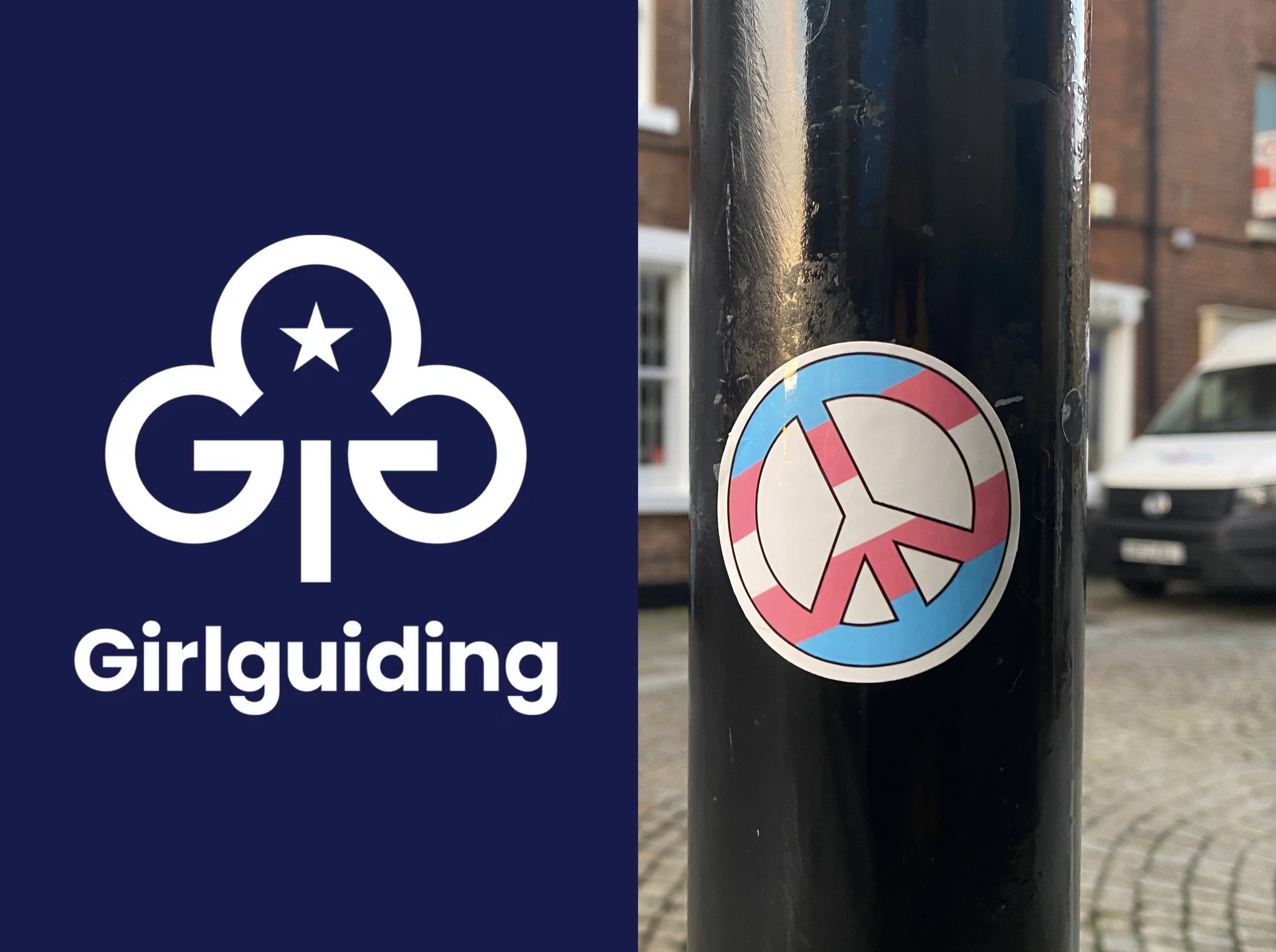
Sheffield transgender community “devastated” by new Girlguiding ruling
Sheffield's LGBTQ+ community have voiced their devastation after a new ruling has banned transgender girls from joining the Girlguiding organisation.
Despite priding itself on being a "welcoming space" for all girls, the new ruling came into effect this week (December 2).
Leona Wilson, a High Level Teaching Assistant from Sheffield who has two transgender daughters, aged 14 and 18, spoke to Sheffield Wire.
She said: "To see the organisation adopt policies which exclude trans girls feels like a massive step backwards.
"This isn't an abstract ethical problem, it is a direct denial of belonging."
Girlguiding is an organisation that aims to provide fun and adventure for girls aged four to 18 over four groups: Rainbows, Brownies, Guides and Rangers.
A day after Girlguiding announced their decision, the Women's Institute also stated that they would no longer be allowing transgender women to become members.
Ms Wilson is worried how these bans will impact her daughters emotionally and the message it sends out.
She said that one of her daughters views the decisions as "another message that society finds her too difficult to accommodate".
The news follows the Supreme Court's ruling, made in April 2025, that the term "woman" solely applies to biological sex in the Equality Act (2010).
Councillor Angela Argenzio, leader of the Sheffield Green Party, said: "As a Party our stance is clear, trans women are women and trans men are men."
She fears that the Girlguiding ruling risks sending the message that these supportive spaces may now be closed to young members of the LGBT community. She suggested that with unclear legal guidelines, Girlguiding may feel as though they have no other choice.
Cllr Argenzio said: "We don’t doubt the pressure they’re under. We hope that with better guidance and community consultation, inclusion doesn’t continue to become the casualty of that pressure."
Reacting to the ruling, Lyle Ellis, a transgender man whose family live in Sheffield, said he was "devastated".
He said: "These decisions make absolutely no sense and will affect a great amount of people who are often marginalized and already greatly suffer due to discrimination. All this while the ruling pretends that it's protecting women."
The 2025 ruling also means that single-sex organisations have the ability to exclude members who were not recorded as the respective sex at birth. This means that transgender boys (biologically female) are able to join.
Girlguiding said in their announcement: "Girlguiding believes strongly in inclusion, and we will continue to support young people and adults in marginalised groups.
"Over the next few months, we will explore opportunities to champion this value and actively support young people who need us."
The announcement was met with outrage online and across the Girlguiding social media pages.
One Facebook user said: "I find this decision incredibly disappointing and it has made me think about my future supporting girl guiding!"
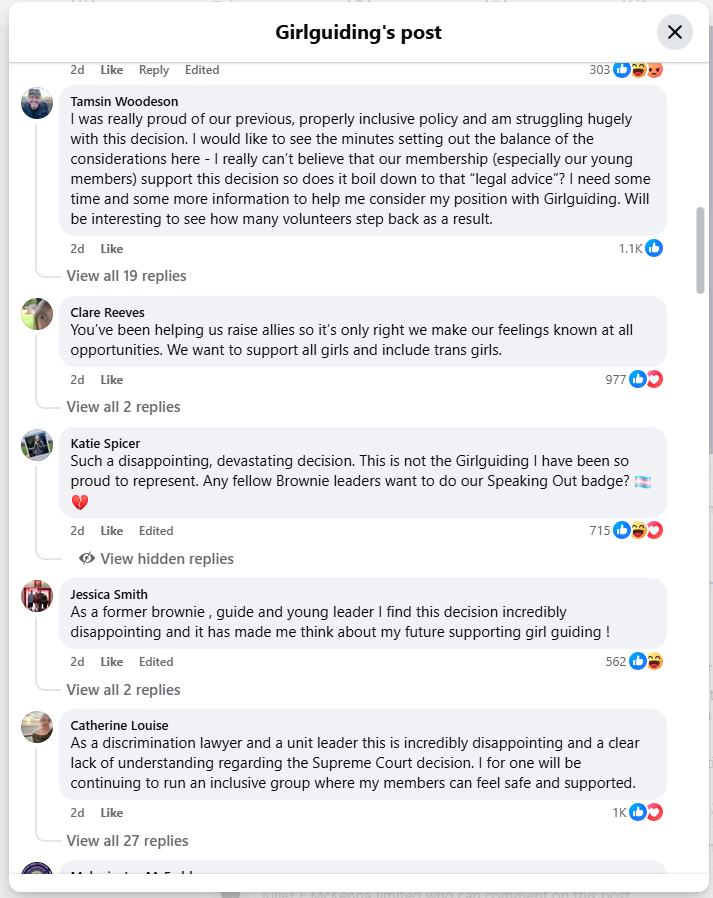
A Brownies Leader, who asked to remain anonymous, said: "It feels like we've been backed into a corner which ultimately hurts our girls rather than protects them from a threat that isn't actually there.
"I do Pride with my group every June. I will be doing the same in 2026."
The UK government are still creating the guidelines for how the Supreme Court's ruling should be applied, which has led to confusion among users as to why Girlguiding have made the decision now and not back in April.
As reported in the Guardian, the Girlguiding association's decision was made after a parent filed legal action against them, complaining that their 2018 policy (which allowed transgender girls to join) does not align with the new 2025 rulings.
Girlguiding have confirmed they have taken expert legal advice and guidance from senior members of their organisation over the past few months.
Because adult roles within Girlguiding are not gender specific, the new policy will not affect transgender members in roles such as unit helpers, district helpers and administrative support.
Girlguiding said: "We are confident that no volunteers will have to leave the organisation."
However, several Facebook users have questioned their association with the organisation regardless.
One user wrote: "This is why I don’t sign back up as an adult. I’m non-binary. I’m going to stand with my trans sisters."
Another simply posted: "I am reconsidering my membership."
While the LGBTQ+ community may feel disheartened by this ruling, Girlguiding have promised to develop a new task force which aims to create a more inclusive environment.
They said: "While Girlguiding may feel a little different going forward, our core aims and principles will always endure and we remain committed to treating everyone with dignity and respect, particularly those from marginalised groups that have felt the biggest impact of this decision."
A petition has been launched, urging Girlguiding to allow transgender girls back into the community. Click here for further information.

Hundreds of new trees on Sheffield’s streets – and more to come
A campaigner who battled Sheffield City Council for many years believes the city's treescape has a brighter future after revealing 358 have been planted by an organisation he chairs.
Paul Selby is the chairperson for the Nether Edge and Sharrow Sustainable Transformation group (NESST), which has worked with local residents and community groups to raise more than £240,000 through legacy funds and grants.
NESST identified the Highfield and Lowfield areas for 91 of these because of their lack of trees and they are economically deprived.
Describing the success of the Crowdfunder, Mr Selby said: "In effect we only raised £8,000 but with match funding it went to £23,000. So basically members can see it's a hugely beneficial scheme and that's why they donated."
When outlining his future plans for Sheffield's trees, Mr Selby said he wants to plant more of them, as well as a Buckthorn butterfly scheme and innovative wildlife meadows.

In February, Mr Selby resigned from the Sheffield Street Tree partnership which is a group which was formed after a long-running campaign to prevent the city's trees from being felled by the council.
He believed the group needed an "injection of pace" and "weren't fulfilling their goals", emphasising the necessity to continue campaigning and conserving despite recent success.

Jafar’s on the move thanks to his new set of wheels
A miniature dachshund has been given wheels for paws after he was left paralysed, leaving him unable to walk properly.
Adorable seven-year-old Jafar, who suffers from a spinal disease, was fitted with the doggy wheelchair four months ago after slipping two discs in his back.
The 'sausage dog' is now able to race around and enjoy his freedom to the delight of his owner.
Gemma Crofts, 35, from Hillsborough, Sheffield, said: "He's adapting well and quite happy on his wheels. It's nice to see him playing with other dogs again."

Following surgery in July this year to remove part of his vertebra, Jafar has started to move his legs again and can occasionally even wag his tail.
The now mobile pooch was diagnosed with 'Intervertebral Disc Disease', which is unfortunately common for his breed. Although treatable, the outcomes cannot be guaranteed.
Sadly, along with his hind legs' paralysis, his owner, Gemma, explained Jafar can still feel pain in his toes.
The £8,500 operation drained Gemma of her savings, and the stress of Jafar needing 24/7 care following his surgery caused her to take a temporary break from her Masters Advanced Clinical Practice degree and work.
Gemma, who works for the NHS, couldn't leave her beloved dog's side for six weeks during his required bed rest and could not go outside - a far cry from the regular hikes the pair were used to.

"It was probably the most stressed I have been in my life, but it's worth it for my little family member," Gemma said.
While people have generally been very supportive, she wants to encourage the public to be more mindful of how they approach owners of disabled dogs, as well-intended comments can be harmful and frustrating.
She described people calling over their family to point and stare at Jafar while ignoring Gemma entirely, making her feel “like a freak show”.
Gemma said: “People say ‘aww’ and ‘how cute’ - but my dog is disabled, and it’s changed our whole life; it’s been very stressful.”
She has also been on the receiving end of some nasty and hurtful comments, including being shouted at by a group of men outside a pub in Buxton to “just put him down, love”, despite Jafar being a very happy boy and adjusting well to his new lifestyle.

As his symptoms improve, Gemma is working to get back to her and Jafar's usual reality.
She wants to educate people about how comments they believe are helpful may actually be patronising and blind to how owners are feeling and what they are going through.
While not denying Jafar is very dashing in his new wheels, Gemma wants people to treat him like any other dog, and communicate their curiosity with respect to the stress they are facing.

Hillsborough families look to future following “diabolical” police comments
No charges are to be handed to the 12 police officers on duty on 15th April 1989 who would have faced gross misconduct charges under today's law.
A report from the Independent Office for Police Conduct (IOPC) found that responses to the disaster failed on both a procedural and personal level, and added greatly to the trauma and distress of the survivors.
In response, the South Yorkshire Police Federation (SYPF) claimed the report was a "significant waste of time and money", calling the proceedings a "trial by media".
These comments have been met with outrage and anguish by many, with Margaret Aspinall, the mother of 18-year-old victim James, saying at a press conference held in Liverpool that they were an insult to the memory of her son.
Peter Scarfe, the chairman of Hillsborough Survivors Support Alliance, called the comments "disgusting, diabolical and insensitive" to families who have lost loved ones.
The claim to a trial by media especially caused widespread outrage in light of the infamous and entirely untrue 1989 front-page Sun story headlined The Truth which alleged drunkenness, pickpocketing, and fighting amongst Liverpool fans.
These claims, which contradicted the survivor testimonies, were discovered to be made up by the South Yorkshire Police as part of a cover-up, and caused irreparable damage, becoming symbolic of the many failures of justice and policing on the day.
Mr Scarfe said the new IOPC report shows "that the families knew the truth all along," yet no disciplinary hearings will take place, as the 12 officers had all retired when investigations began.
Charlotte Hennessy, whose father Jimmy was one of the 97 victims, told Novaramedia how police had placed him in a body bag while still alive, and left him in his own vomit.
Ms Hennessy reacted to comments from SYPF that the culpable officers were 'very elderly or sadly passed away', saying: "Our loved ones didn't get to live to that privilege."
Ms Aspinall added: "To reach an old age like that, how lucky are they? How dare they insult us like that."
The report also found that 327 statements from the police were amended as part of a defensive approach to control evidence given to previous inquiries.
With no justice due to be delivered to those on duty on the day, the families have chosen to look to the future, calling for former police chief Norman Bettison, who would have a case of gross misconduct to answer to according to IOPC, to be stripped of his knighthood and Queen's police medal.
Mr Scarfe said that it is "wrong and immoral" that he has been honoured, with Ms Hennessy adding: "his alleged dishonesty brings both of these honours into disrepute."

Clive Betts, MP for Sheffield South East, is also calling for change, vocalising that the West stand, where so many lives were ended, or changed forever, remains "untouched" at the Hillsborough ground.
He said: "It is timely to say that 36 years after, the stand is still there, untouched. The new owners have a big decision to make."
He has also publicly stated that he does not feel that the memorial at the ground does justice to the 97 victims, and those they left behind.
Mr Scarfe added how important that the "working-class, football icon" bond between Sheffield and Liverpool continues, stating how much this has helped survivors today.
He said: "We will never forget what the people of Sheffield did, the empathy and compassion they had, and still have, to pull through the tragedy together."
